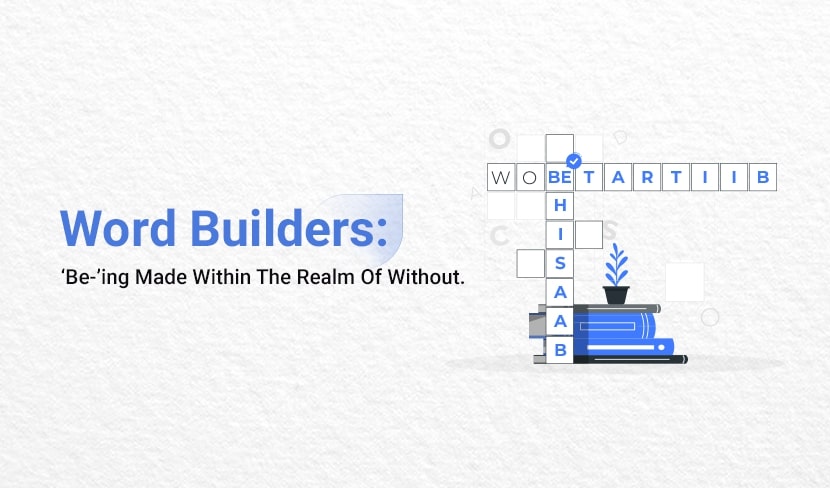Top searched
Saved words
khisyaanii billii khambaa noche
an embarrassed or ashamed person tends to vent his/her feeling by quarrelling
be-niyaaz
without want, free from want, wanting nothing, not in need, able to dispense, independent, carefree
The Beautiful Vocabulary of Friendship in Urdu

Friendship has always been one of the gentlest emotions expressed in Urdu. Our language does not merely offer words for friends — it gives us shades of affection, companionship, and intimacy. From dost to yaar and ham-dam, each word carries a world of feeling.
Let’s explore this rich vocabulary of friendship and the stories it holds.
1. Yaar | یار
Origin: Persian
Tone: Affectionate, casual, poetic
Yaar is often used casually — for school friends, neighborhood buddies, or someone with whom we share easy camaraderie.
“Hum ko yaaron ne yaad bhi na rakha
Jon yaaron ke yaar the hum to.”
My friends forgot me as if I were never there,
And I — who was once a friend to friends.
In poetry, the meaning deepens:
ḥusn-e-yaar – the beauty of the beloved
wiṣaal-e-yaar – union with the beloved
The yaar may be faithful or unfaithful — poets have sung thousands of verses about this figure.
In Sufi kalaam, yaar often refers to the Divine:
“Yaar ko hum ne ja baja dekha,
Kabhi zaahir kahin chhupa dekha.”
The word also appears as a suffix meaning “one who possesses”:
• hoshyaar (one who has awareness)
• bakhtyaar (fortunate)
• shehryaar (lord of the city)
2. Dost | دوست
Origin: Persian
Tone: Neutral, universal, warm
Dost simply means “friend,” yet in Urdu it forms nuanced compounds:
• insaan-dost — humanist
• ilm-dost — fond of knowledge
Plurals:
dosto.n — common Urdu plural
dostān — Persian literary plural, used in poetry and classical prose
This duality gives the word a range from conversational to elegant.
3. Rafiq & Ahbaab | رفیق اور احباب
rafiiq (Arabic): companion, ally, comrade
• rafiiq-e-zindagii — life partner
• rafiiq-e-kaar — colleague
From the same family comes habiib (beloved).
We seldom call friends habīb, but its plural ahbaab (dear companions) is common in refined Urdu:
“Ahbaab ko de rahaa hoon dhokaa,
Chehre pe khushi sajaa rahaa hoon.”
4. Ham-nashii.n | ہم نشیں
A ham-nashii.n is one who sits beside you, talks with you, and shares moments — a true companion.
“Ai mire ham-nashiin, chal kahin aur chal,
Is chaman meñ ab apnaa guzaaraa nahii.ñ”
5. Hamjolii | ہمجولی
A charming blend of Persian and Hindi.
Meaning:
• childhood friend
• playmate
• someone of the same age
The word carries a touch of nostalgia — school memories, early friendships, shared laughter.
6. Hamdam | ہمدم
Literally “breathing together.”
A ham-dam is more than a friend; it is
someone who understands your silences,
shares your burdens,
and feels close to your heartbeat.
It represents the highest intimacy of friendship — the soul-friend.
Conclusion
Urdu’s vocabulary of friendship — dost, yaar, rafiiq, ham-dam, ham-jolii — shows how deeply companionship is woven into our cultural and poetic imagination.
Each word carries a mood, a memory, a relationship.
In celebrating these words, we celebrate the friends who make our lives meaningful.
Delete 44 saved words?
Do you really want to delete these records? This process cannot be undone






